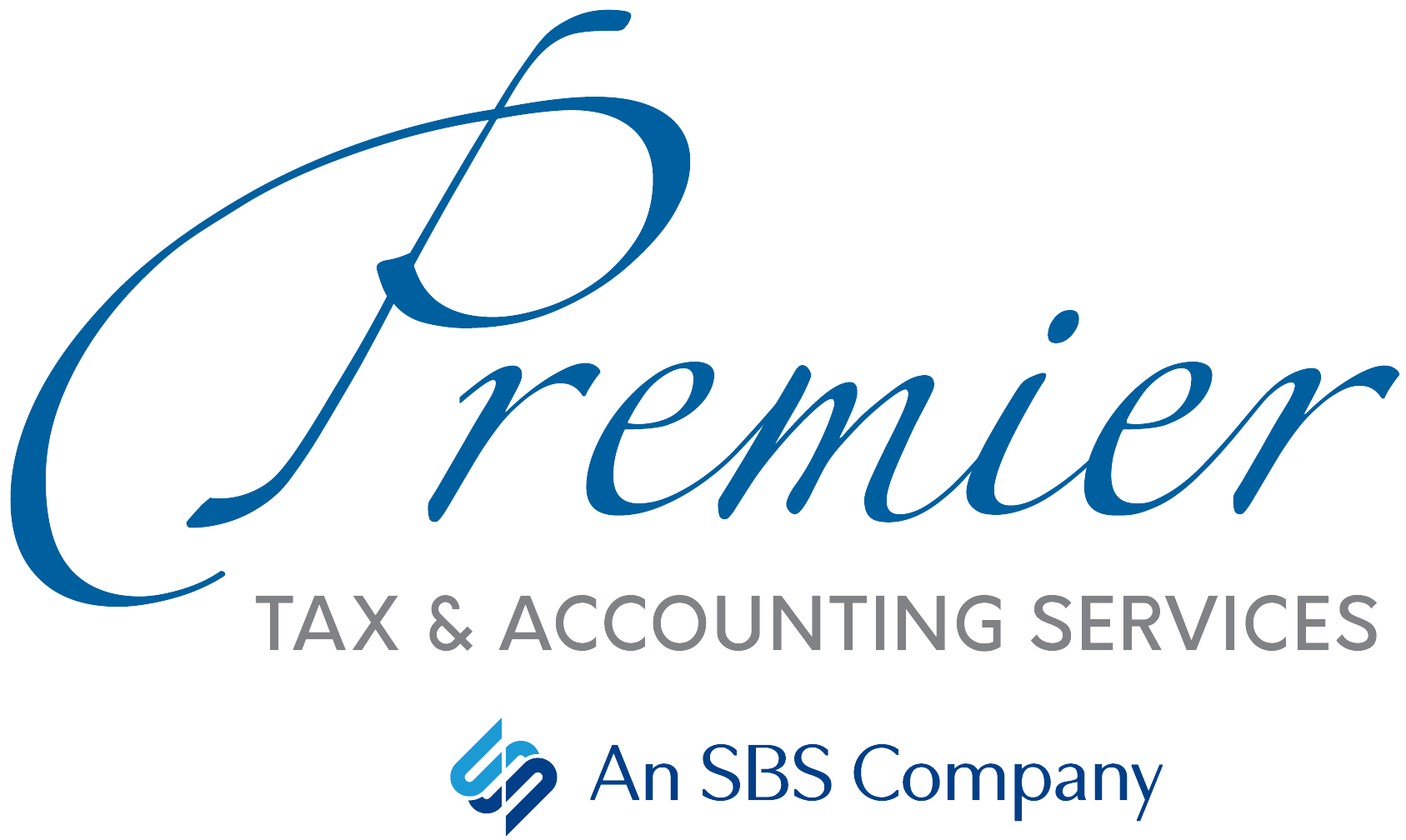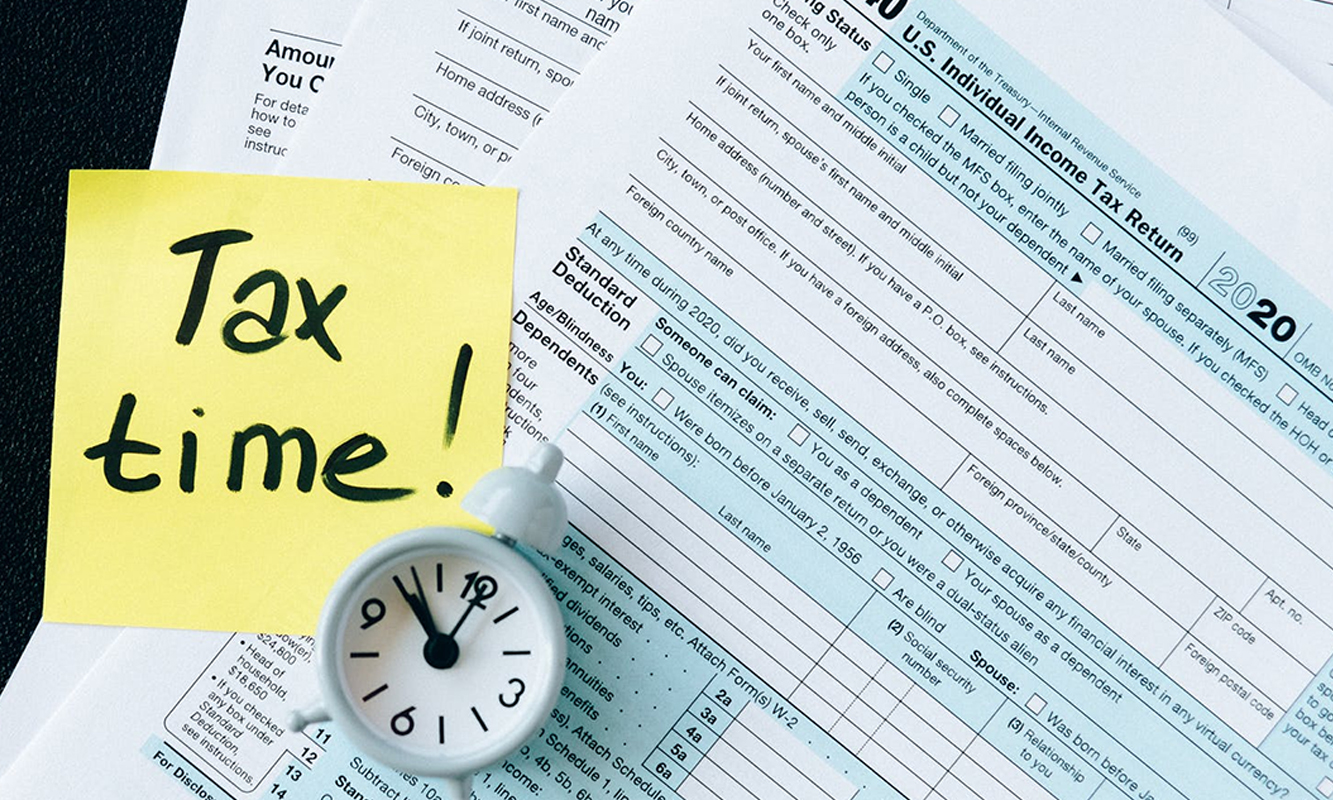When you earn several types of income throughout the year, it’s easy to lose track and forget to report some. The IRS does not forget, however. So be sure to report:
Gig Work
This is income earned providing on-demand work, services or goods, often through a digital platform (e.g., Uber or Fiverr). This applies even if the work is part-time or temporary, not reported on Form 1099 or W-2, or is received via cash, property, goods or virtual currency.
Virtual Currency
If you received any virtual currency as compensation or disposed of any virtual currency in a trade or business, you must report the income (or loss). This includes receiving virtual currency as payment for goods or services provided, as a result of mining and staking activities, or even exchanging for another virtual currency.
Foreign Income & Assets
You must report unearned income, such as interest, dividends, and pensions, from sources outside the United States unless exempt by law or a tax treaty. You must also report foreign-earned income and assets, such as wages and tips. You are allowed an automatic two-month extension to June 15 if you serve in the military, or both your tax home and abode are outside the U.S. and Puerto Rico, though any tax due must still be paid by April 18, 2022.
Have You Taken Your RMD?
A Required Minimum Distribution (RMD) is the minimum amount that you must withdraw from your IRA or retirement plan account each year AFTER you reach age 72 (or 70½ if you were 70½ before January 1, 2020). In a workplace retirement plan, you can delay taking your RMD if you continue working and you’re not a 5% owner. However, you are still required to take RMDs from your traditional IRAs, and SEP, SIMPLE and SARSEP IRAs even if you continue working.
If you altered taking your RMDs in 2020 due to the CARES Act or SECURE Act, you may need to consider your current status.
If you reached age 70½ in 2019, you may have waived your RMDs due in 2020. However, you did have a 2021 RMD due by December 31, 2021, based on your account balance on December 31, 2020.
If you reached age 72 in 2021 (and didn’t reach 70½ in 2019), your 2021 RMD is due by April 1, 2022, and is based on your account balance on December 31, 2020. Your 2022 RMD is due by December 31, 2022, based on your account balance on Dec. 31, 2021.
If you left your job in 2021 and rolled over your workplace retirement plan into your IRA, the RMD from your IRAs for 2021 won’t be affected by the rollover, but you may have an RMD due from the retirement plan.
- Amounts rolled over to your IRA from a workplace retirement plan in 2021 don’t affect your IRA RMD calculation since 2021 RMDs are based on your IRA account balances on December 31, 2020.
- If you have a 2021 RMD due from your workplace retirement plan, it cannot be rolled over to your IRA.
Beneficiaries of IRA accounts must follow special distribution rules, which can be confusing. The SECURE Act changed how and when beneficiaries must take distributions when the account holder dies after 2019. If you’re unsure of your status, please contact us today. Missing deadlines can be costly, but we’re here to help.
Are Your Social Security Benefits Taxable?
If you receive Social Security benefits — monthly retirement, survivor and disability benefits — you may need to pay taxes on some of those benefits depending on your income and filing status. To determine if your benefits are taxable, take half of the Social Security benefits you received and add it to your other income, including pensions, wages, interest, dividends and capital gains.
50% of your benefits may be taxable if you are:
- Filing single, head of household or qualifying widow or widower with $25,000 – $34,000 income.
- Married filing separately and lived apart from your spouse with $25,000 – $34,000 income.
- Married filing jointly with $32,000 – $44,000 income.
Up to 85% of your benefits may be taxable if you are:
- Filing single, head of household or qualifying widow or widower with more than $34,000 income.
- Married filing jointly with more than $44,000 income.
- Married filing separately and lived apart from your spouse with more than $34,000 income.
- Married filing separately and lived with your spouse at any time during 2021.
Do You Need More Time to File?
If you’re not ready to file your federal tax return by this year’s April 18 deadline, you can easily request an automatic six-month extension — to October 17. An extension allows for extra time to gather, prepare and file paperwork with the IRS. However, keep in mind that:
- You must file an extension by April 18.
- An extension to file does NOT grant you an extension to pay.
- You should estimate and pay any tax owed by April 18 to avoid possible penalties.
Just let us know if you’d like us to request an extension for you. Or you can e-file an extension yourself using IRS Free File.
To get the extension, you must estimate your tax liability on Form 4868 and pay any amount due by April 18. You may also request an extension by using IRS Direct Pay, the Electronic Federal Tax Payment System or by paying with a credit or debit card or digital wallet. There’s no need to file a separate Form 4868 when making an electronic payment and indicating it’s for an extension. The IRS will automatically count it as an extension.
1st Quarter Estimated Tax Payments Due April 18
If you don’t pay taxes through withholding from your paycheck, pension or government benefits, then you may need to pay estimated taxes each quarter. This typically applies if you’re self-employed, retired, an investor, or have a business or corporation. If you have a side-gig, such as driving an Uber, you may need to make additional tax payments each quarter. Other income generally not subject to regular withholding includes interest, dividends, capital gains, alimony and rental income. By paying quarterly estimated taxes, however, you can typically lessen or eliminate any underpayment penalties.
You can make payments online at IRS.gov/payments. When you set up an account, you can view your payment history, any pending payments and other useful tax information.
Other important reminders for Monday, April 18:
- File your 2021 federal tax return and pay any tax due, or request a 6-month extension.
- Contribute to your IRA for 2021.
- Contribute to your HSA for 2021.
- Contribute to your 401(k) or SEP for 2021 if self-employed.



